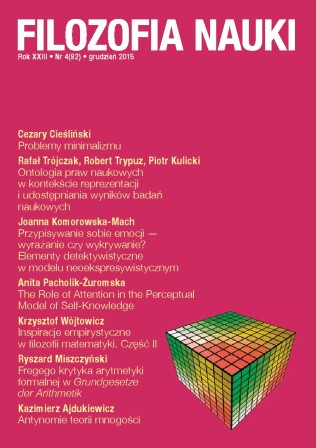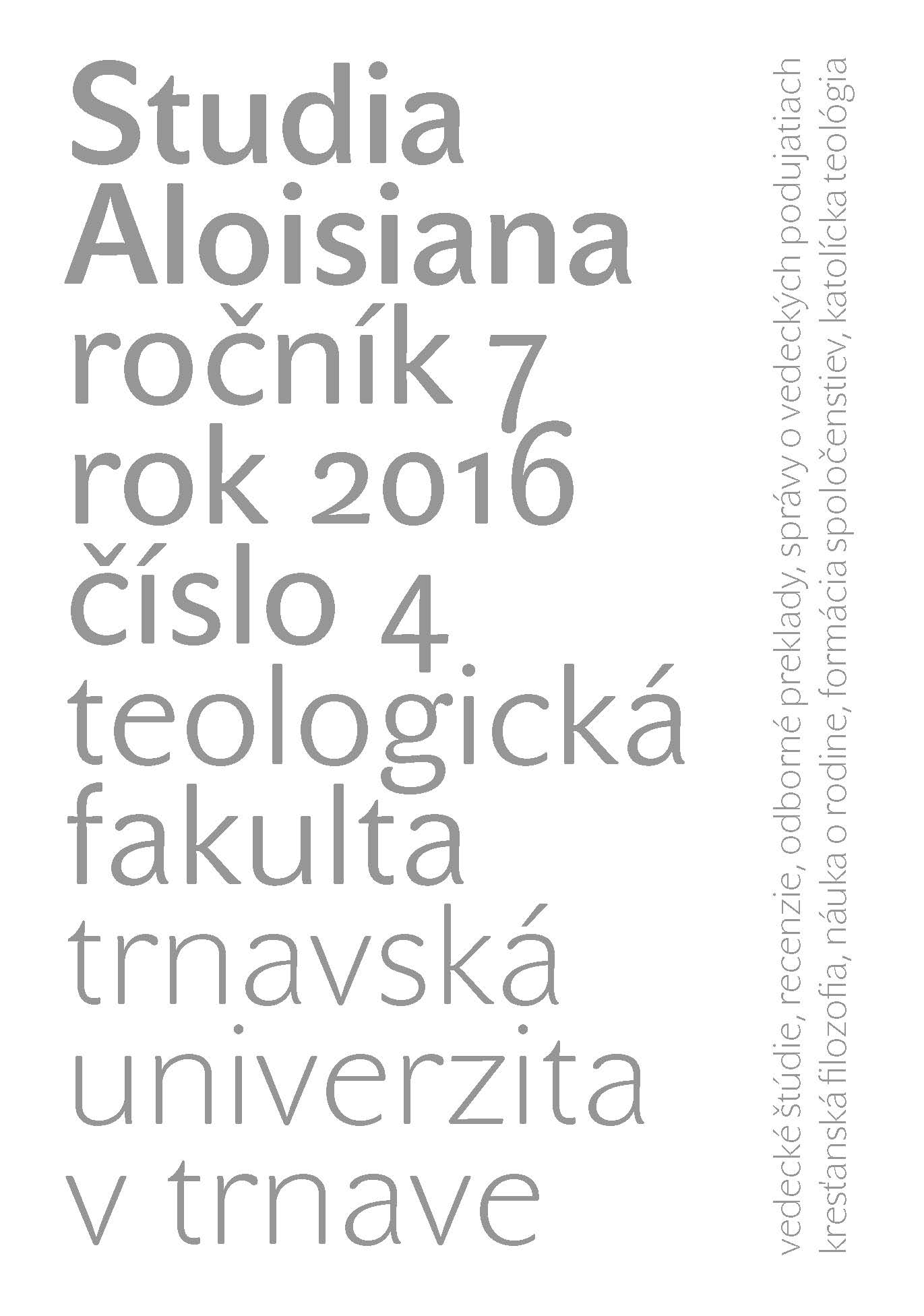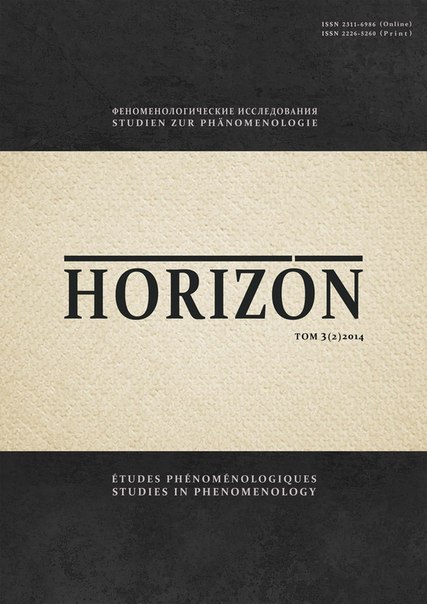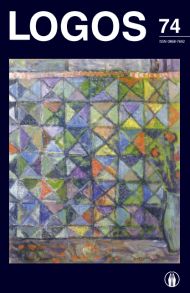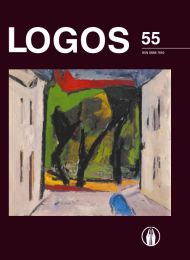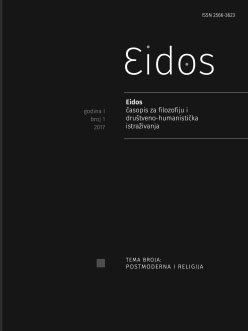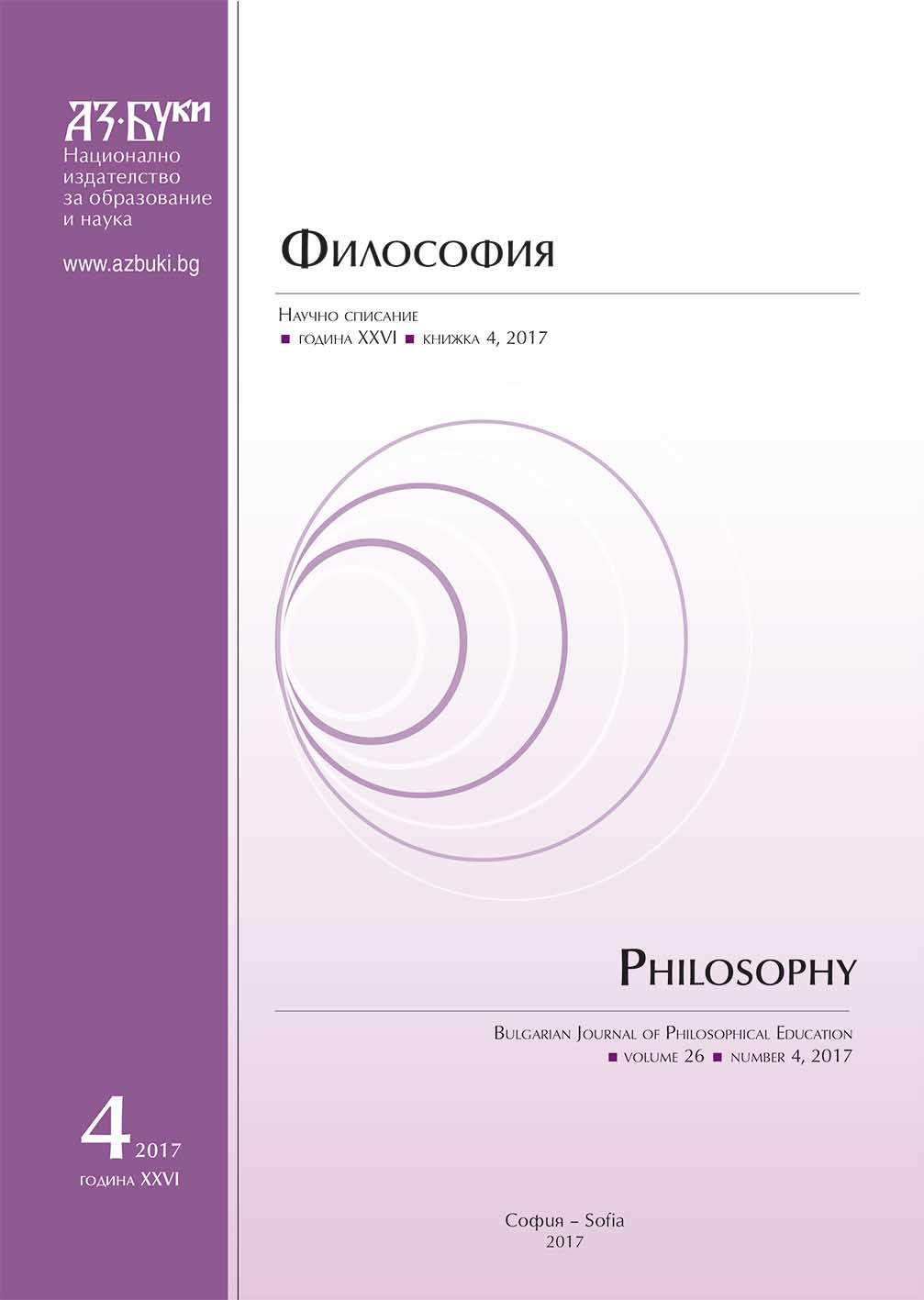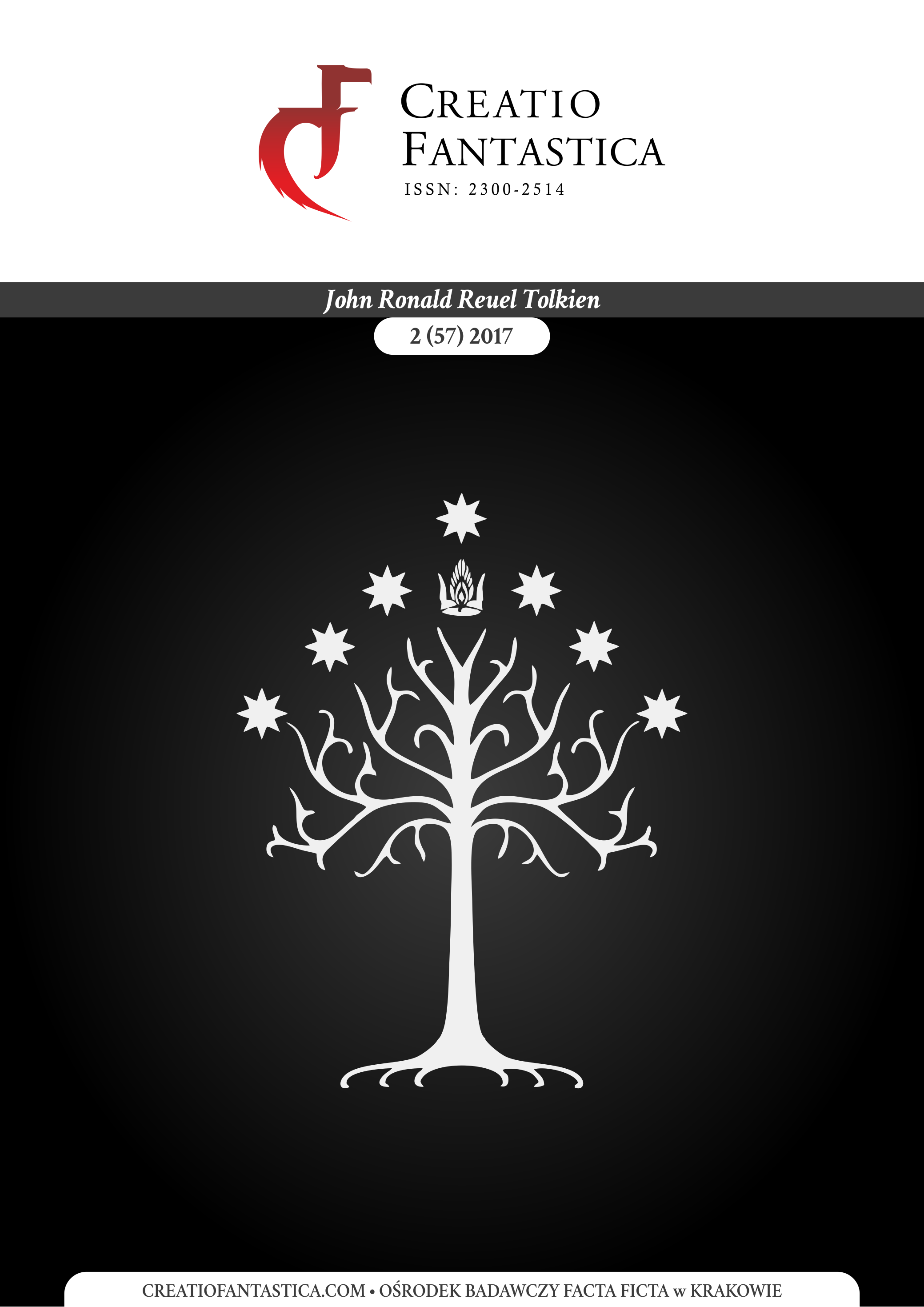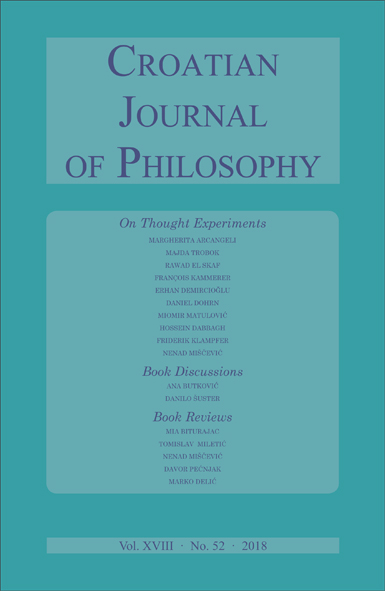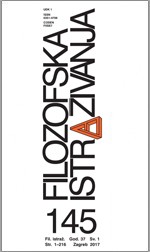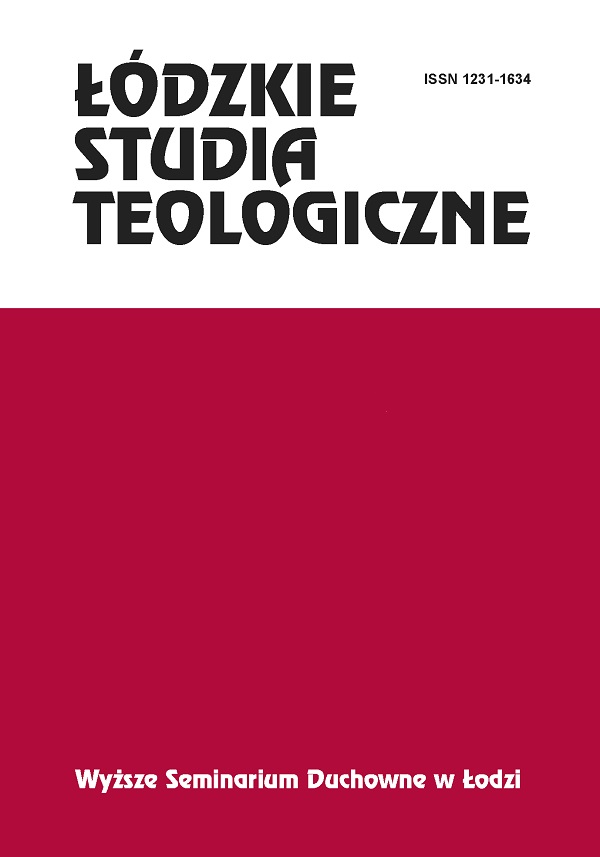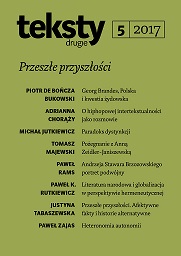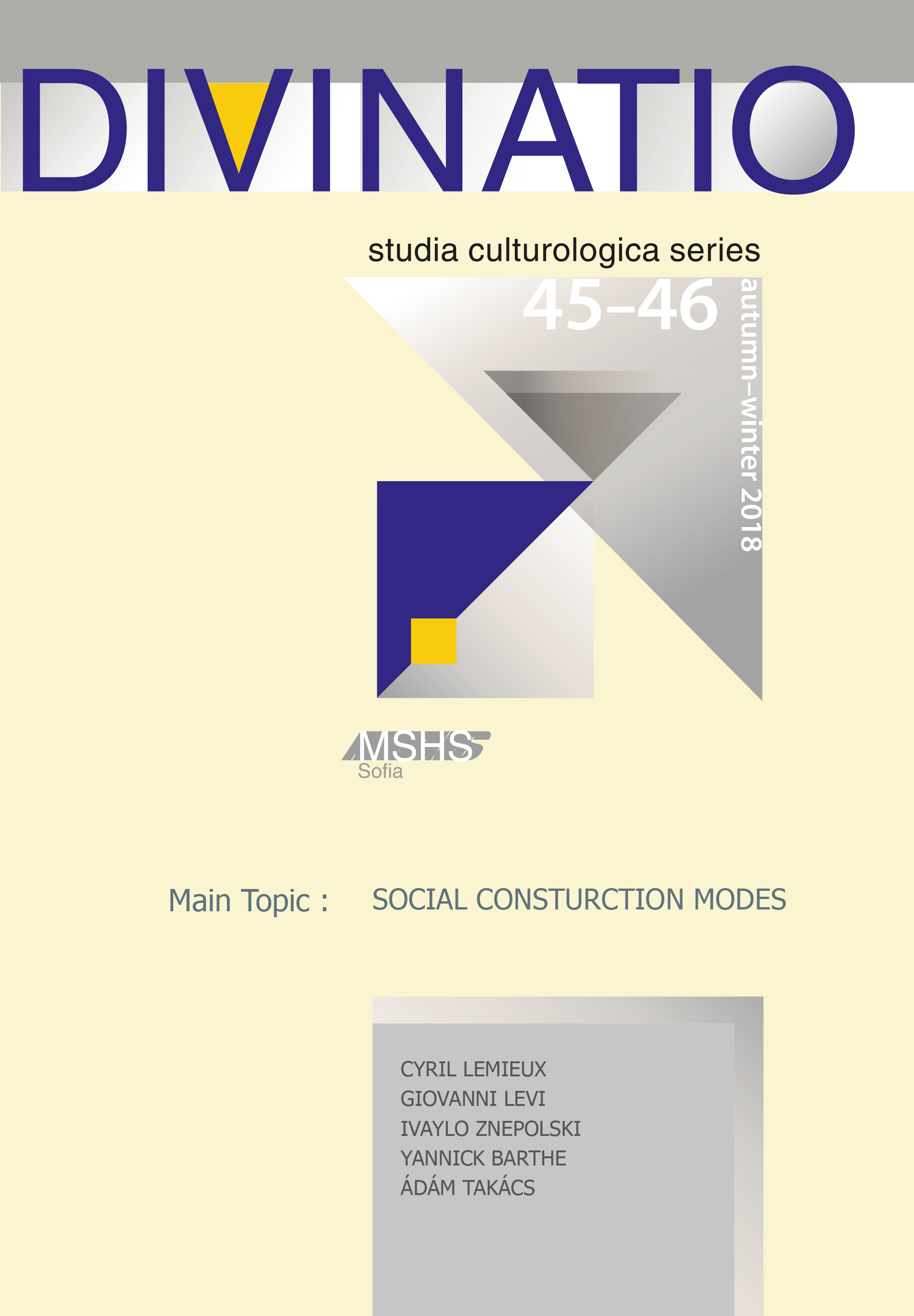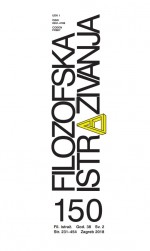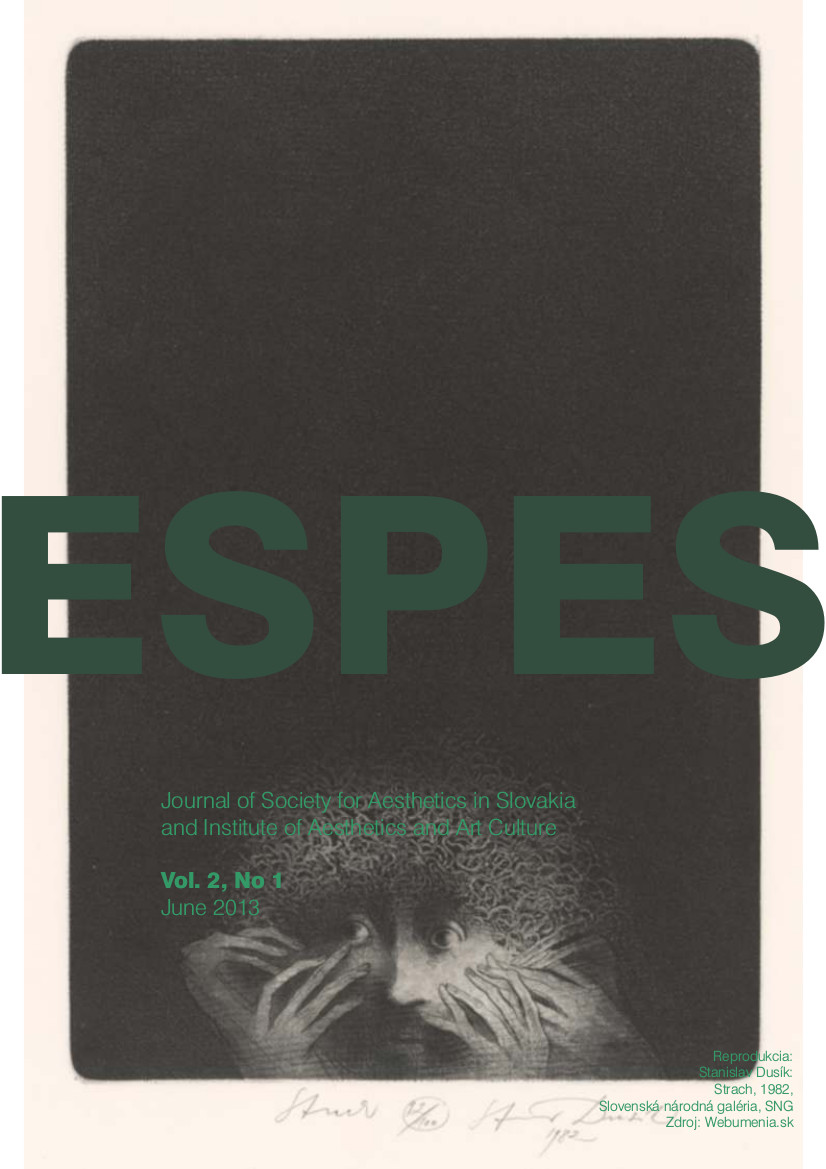Author(s): Liubov Bozhko / Language(s): Ukrainian
Issue: 2/2015
Identity is one of the key meanings in concept "person – society – culture". Therefore, the problem of identity is a key object of research attention. Due to the increasing role of tourism in society, actualized the problem of tourismimpact on forming of various forms of identity. Attempts to conceptualize the consequences of general population mobility, including tourism, made by different scientists: P. Berger, S. Huntington, S. Bauman, O.V. Lysikova, N.Y. Pokrovskiy, T.I. Chernyayeva, P.A. Sorokina, A.B. Fenko, A.F. Filippova and others. To date, studying scientific discourse, which is devoted to the problems of influence of tourism on forming various forms of identity, remains unexplored. The purpose of this article is an analysis of how the light of modern debates and mobile lifestyle affects the formation of different forms of identity. The article analyzes different approaches to the ratio of tourism and philosophy, in particular, the impact of tourism on the formation of different forms of identity. The philosophical view of tourism causes need to revise the traditional understanding of tourism as travel and leisure industry, puting in this understanding broader humanistic sense. A person who travels is not just a consumer of the tourism product that moves in space and time, but identity that joins the world of nature and cultural artifacts of other countries and nations, while traveling, having trips, hikes and visits. Such a person is the epicenter of philosophical reflections in tourism. According to the Russian researcher S.Y. Kamensky, modern mass tourism, acting as a spatial structure of socio-cultural interaction, in theory, is able to realize the model of culture, which was built in the dialogistic philosophy. Based on the concept of M.M. Bakhtin about "Nonidentical" of man, under which the real "I" always detected in the points of mismatch with itself, its identification with the "Оther", we can assume that tourism can be classified as the most important mechanism constructing identity in the modern world. Thus we can talk about the processes of self-identification as individual tourists, and the transformation of images of separate tourism regions and even countries. Immersion in tourist environment provides specific influence on the processes of self- identity of resort destinations. This is also confirmed by D. Bartel – Bucher in his studies. Thus, tourism is not only spatial means of achieving and comprehension of reality, but the mechanism of its transformation. W. Beck noted, that the speed with which modern man redefines itsel, associated with increased uncertainty of social reality, strengthening the role of chance and risk in human life, the unpredictability of the future. The process of acquiring own identity, which involves human experiences of integrity his "I", becomes in this connection in self-modeling – "experimental situation" with an uncertain outcome. D. Makkenel argues that act of sightseeing itself involves a person into the circle of familiar social representations, and thus helps him to construct a complete picture of the world from available to him fragmentary impressions. Recognizing the socially constructed status of identity, K. Volses uses the term "identity work", to emphasize the dynamic nature of self- identification. Some researchers noted that in today's tourism, especially in such its forms, as a cultural, evental, ethnographic, spiritual and enlightening (religious), educational, rural, ecological, one of the key motivations of travelers is the need for communication with local ethno-cultural (cultural) communities. Search of authentic identity is called among the priority goals of tourism trip. Emphasized, that numerous tourists realize their identity in the virtual space of the Internet. Discourse direction of tourists virtual communication indicates the constructing of a positive group identity, and in this case, the Internet serves for formation of behavior norms, which previously belonged to family and school. Also was paid attention to the criticism of tourism as a mechanism of identity. A number of western and Russian researchers point out the unreality of experience gained within the typical tourist programs. In their opinion, sights, which acting as semantic basis of tourism, is nothing more than a social construct, entended for stimulation of tourism consumption. It was concluded that modern tourism is a way of constructing identity and performs certain existential functions. Is alleged that with the increasing of mobility and the development of tourism business is being formed a new national self-identity that goes beyond one state and one denomination. Search of ideals in spiritual part of life of modern man is reduced to personal experiments with maximal possibilities of experimentation with different social roles and spatial movement in search of self-identity.
More...
